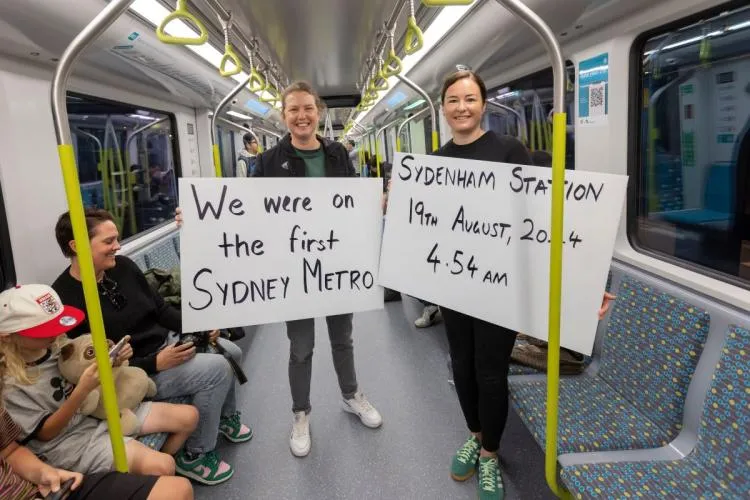The contract to build the new electronic ticketing system (ETS) – later branded as the Opal Card – was awarded to the Cubic-led Pearl consortium in 2010. By December 2012, trials for the new smart card ticketing system began on a single ferry service in Sydney and the system was then rolled out progressively across the entire ferry, train, bus, and light rail network. During that time 39,000 pieces of complex electronic devices were installed, linking 5,000 buses, 308 train stations, 40 ferry wharves and 23 light rail stops to the Cubic-designed central computer system that controls the ticketing network.
New South Wales (NSW) Premier Mike Baird and Minister for Transport Gladys Berejiklian announced that the Opal rollout on trains, buses, ferries and light rail for the greater Sydney region had been completed months ahead of schedule.
“Opal has revolutionised public transport in the region, with customers finally enjoying the convenience of electronic ticketing as people in other cities around the world have for many years. It has improved customer service and is making people’s lives easier,” said Baird.
Berejiklian said more people are using public transport thanks to Opal, with weekend patronage on trains up almost 12 per cent and customers no longer standing in lengthy and frustrating Monday morning train station ticket queues every week.
Steve Shewmaker, president of Cubic Transportation Systems, said Opal is a landmark project for Sydney transportation and the world’s geographically largest electronic ticketing system.
“Opal covers 40,000 square kilometres, an area greater than Holland, Portugal or Switzerland,” he said. “The new system brings the most advanced smartcard ticketing technology available today to people living in and around the four major urban centres of New South Wales.”
Shewmaker also said Opal has been future-proofed to support the addition of new ticketing technologies that Cubic developed and is rolling out in major cities like London and Chicago, including the use of mobile phones and credit cards if desired.
Cubic completes Sydney Opal Card rollout early
Cubic Transportation Systems has completed the roll out of Sydney’s Opal contactless smartcard ticketing system across all transport modes and connecting multiple operators and commenced operation and maintenance of the Opal system under the ten-year services agreement that is part of the original contract. The contract to build the new electronic ticketing system (ETS) – later branded as the Opal Card – was awarded to the Cubic-led Pearl consortium in 2010.
December 12, 2014
Read time: 2 mins








